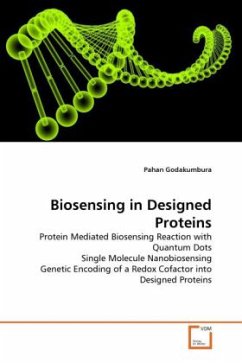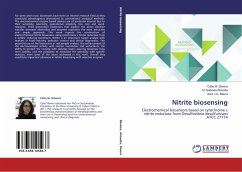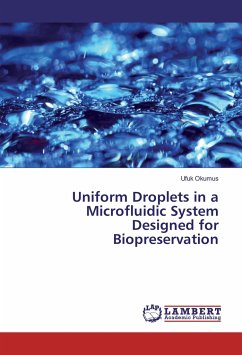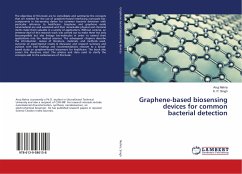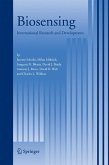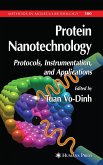Biosensing in Designed Proteins provides a basic molecular approach to design biosensors in genetically modified proteins using electron transfer (ET) chemistry. The material is primarily aimed at probing the mechanistic insights into nanobiosensor performance using a library of metal complexes. The distance dependence of ET based biosensor which used ZnS coated CdSe (CdSe@ZnS) quantum dots (QDs) coupled with RuII complex modified MBP-MT function as a unimolecular nanobiosensor. The function of this protein-QD assembly is provided by ligand mediated protein motions that change the QD emission properties. This system operates using ET as opposed to energy transfer, with the metal complex as an electron donor, and the QD as an acceptor. The viability of the ET approach for biosensor development will also be outlined with respect to current mechanistic models.
Bitte wählen Sie Ihr Anliegen aus.
Rechnungen
Retourenschein anfordern
Bestellstatus
Storno

